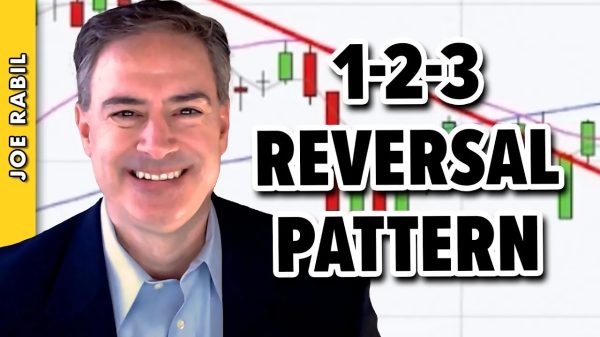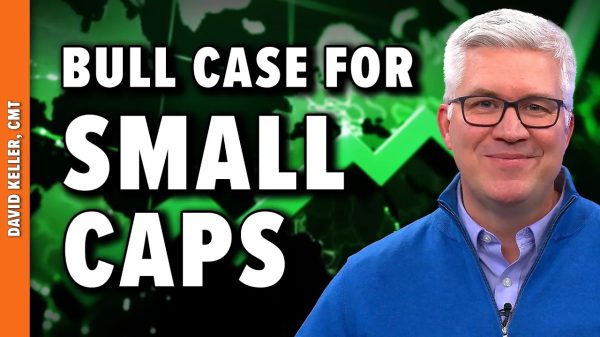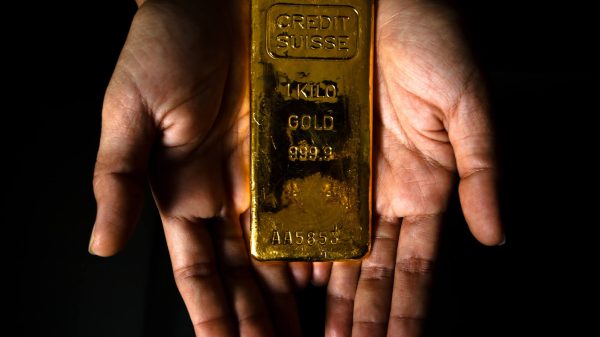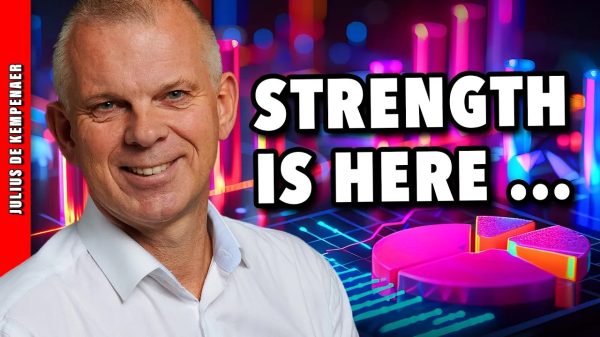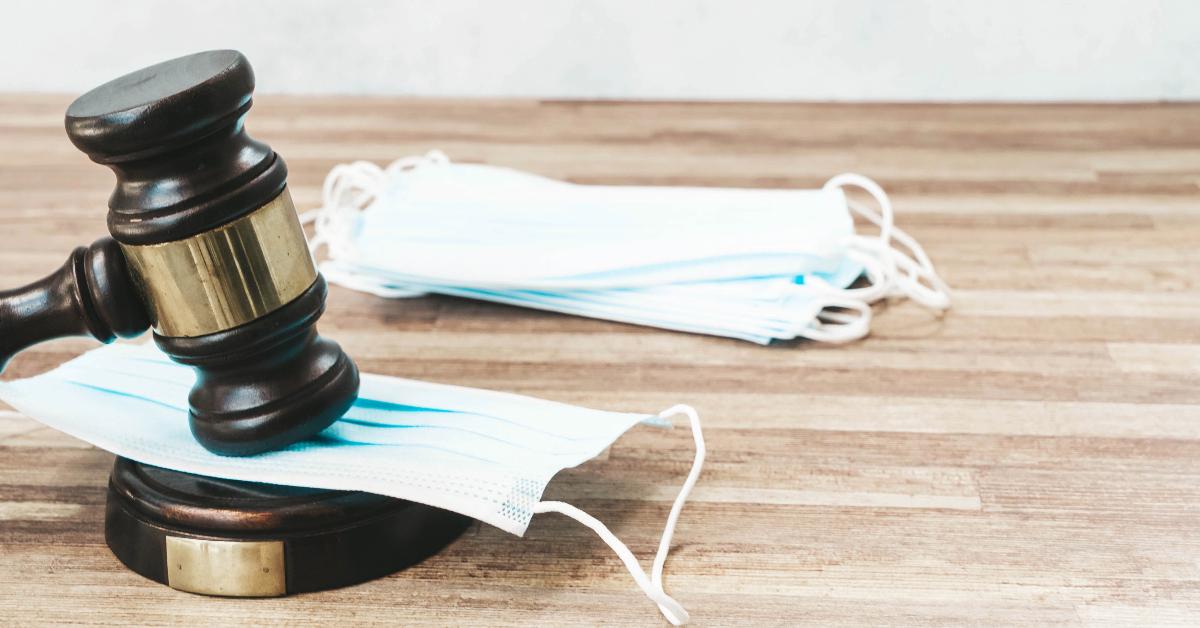Diary of a Psychosis: How Public Health Disgraced Itself During Covid Mania. By Thomas E. Woods, Jr. Libertarian Institute, 2023.
In the Foreword to this outstanding book, the eminent Stanford University physician Dr. Jay Bhattacharya makes an arresting claim. He says that people often make mistakes in recollecting the past because they confuse having intended to do something with actually having done it. That confusion is more likely to occur under emotional stress, and what could be more stressful than the Covid nightmare that lasted the better part of four years? In these circumstances, it is especially valuable to have a contemporaneous record of what has happened, so that past events can be accurately reconstructed.
There is no one better able to provide such a record than Tom Woods, who combines a fine critical intelligence with a deep devotion to freedom, and that is just what he has done in Diary of a Psychosis. The book does not contain entries for every single day of those tumultuous years, but there are enough items so that the reader gets a vivid sense of what happened.
As reports of “spikes” in Covid deaths multiplied in the press, it was difficult to keep a level head. What, if anything, could be done to reduce the spread of the illness? It a time of panic, egged on by sensationalist reporting in the mainstream press, it was difficult for most people to accept that the answer was “Not much of anything.”
Public health officials, both responding to and abetting demands to “do something,” demanded that the public be subjected to drastic changes in their lives. We had to wear masks that impeded breathing, we were restricted in the hours we could leave home, and a great many businesses were closed. At first, we were told that this was just for a brief period to “flatten the curve,” but the length of time was soon extended. Those who did not want to comply were told that they must “follow the science,” and those who still refused were often denied service in stores, even to purchase essential items.
Even if these severe impositions on liberty “worked,” we would need to ask, “Was the price worth paying?” Tom Woods had the sagacity to ask another question, which needs to be answered before the first one: “Did the restrictions work?” If they did not, there would be no point to asking whether we needed to pay the price, because what we would be purchasing was without value.
Woods found no evidence that the “lockdowns” and associated measures did work. You might object that he isn’t a scientist in the relevant areas and thus not equipped to answer the question, but for this objection, he has a convincing answer, frequently reiterated in the book. If we compare close-by nations and states that vary in the strictness of the restrictions they impose, we find that the less restrictive region does at least as well, and sometimes better, than its more restrictive comparison region.
Woods in particular notes that Sweden, where much of life proceeded normally, did not do markedly worse that Belgium and Holland; and the relatively “free” Florida often bettered the performance of neighboring states that were more restrictive. There was no correlation between the severity of restriction and the reduction in the number of Covid cases or deaths. In this connection, Woods makes an excellent philosophical point. In the absence of correlation, we ought not to say that the restrictive measures were efficacious. Woods puts the point in this way: “We all know that correlation doesn’t prove causation. But is it plausible to have causation without correlation?” (There are some possible counterexamples, depending on what is meant by causation, but they aren’t relevant for our purposes.)
We can now turn to the earlier question, suitably modified, “Even if the restrictions had had some positive effect, would the price have been worth paying?” There is every reason to think that it would not have been and this for many reasons.
First, Covid by no means struck all ages equally; a large number of the deaths occurred in people of advanced years, and among children the danger of death or even serious incapacitation was minuscule. Wouldn’t it have made more sense, then, to concentrate care on the elderly, leaving those at lower risk free to go about their daily business? Eminent experts, including Dr. Bhattacharya, urged precisely this course of action in the “Great Barrington Declaration,” but for daring to defy the official line, they were vilified by the malodorous Dr. Anthony Fauci, who endeavored to have them censored and sanctioned.
As mentioned earlier, children were the least group at risk, but they were the most vulnerable to restrictions. Children who cannot play with others or see their faces go on to suffer severe social problems, and for this the evidence is overwhelming. And they are not the only group to have suffered. Many people were denied access to their loved ones, prevented from attending religious services, and rendered unable to bury their dead. (On this latter issue, the poignant reflections of the Italian philosopher Giorgio Agamben merit reading: see my review here. An Italian Philosopher on the COVID-19 Restrictions | Mises Institute)
Woods generalizes the issue at stake in these restrictions, making another point of great philosophical interest: is a life devoid of ordinary human activities and relationships worth living? Shouldn’t we be willing to accept some risk in order to have a chance to live a normal life? As Woods, in a post dated April 22, 2020, says:
The latest gimmick from Team Apocalypse is to ask, ‘Would you take a handful of jellybeans from a bowl of 100 in which one was poisoned? This is supposed to show me that cowering in my house is the only rational response to Covid. The case is being framed like this: ‘Would you reach in and take something if there was a chance it was poison?’ Well, it depends on what I would suffer if I didn’t reach in. The persons using this analogy are misleadingly suggesting that my only possible concern is Covid. But I have other concerns too—namely, not spending months and possibly years living like a vegetable. When I reach into the bowl, they are suggesting that this is the equivalent to returning to normal life, and taking a risk. But yes, I am prepared to take that risk because I want a life worth living. (emphasis in original)
When the much vaunted vaccines appeared on the scene, suffice it to say that the prospects for liberty did not improve. The vaccines resulted in many deaths and injuries, and under the notorious system of “vaccine passports,” those who refused to “take the jab” often lost their jobs and were hounded and harassed.
Woods displays in the book his customary gift for clear and forceful expression of basic truths. He gets to the heart of things, and I highly recommend Diary of a Psychosis.











